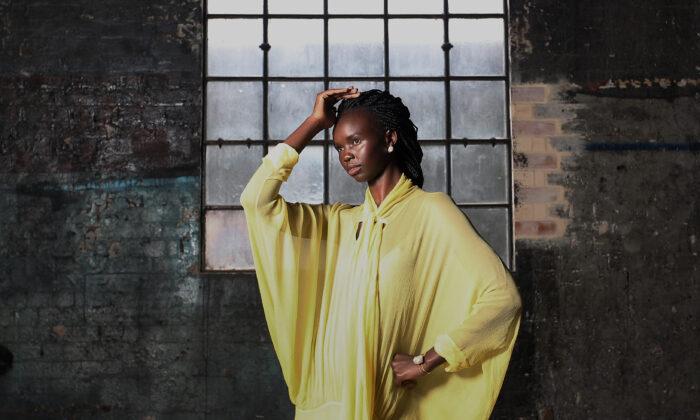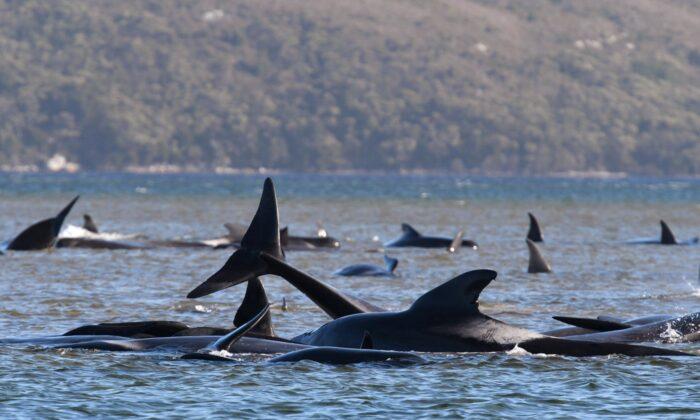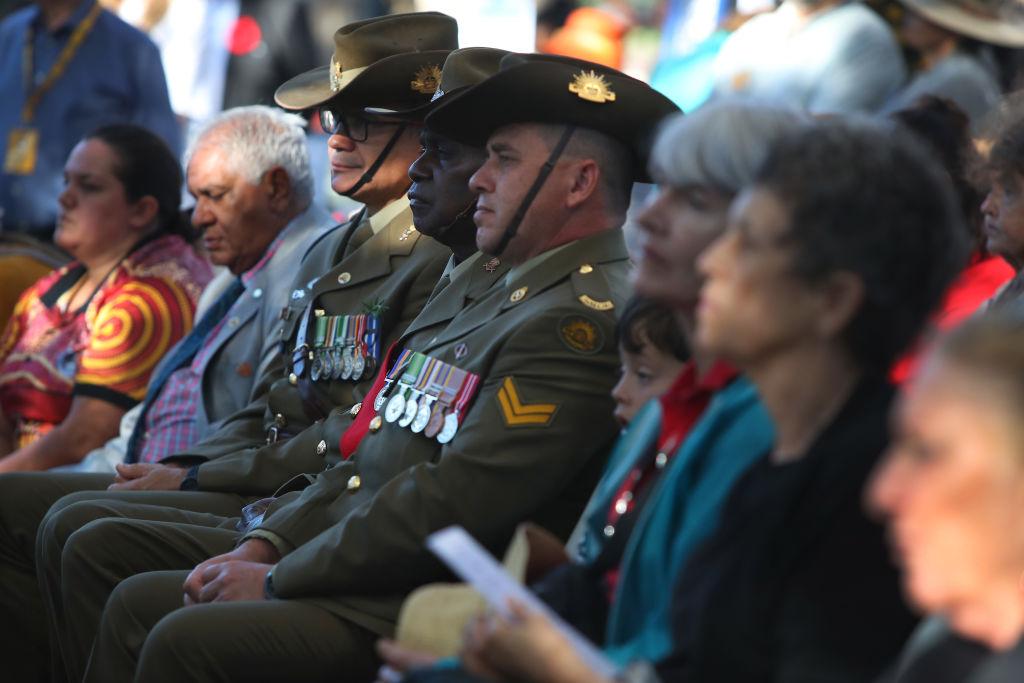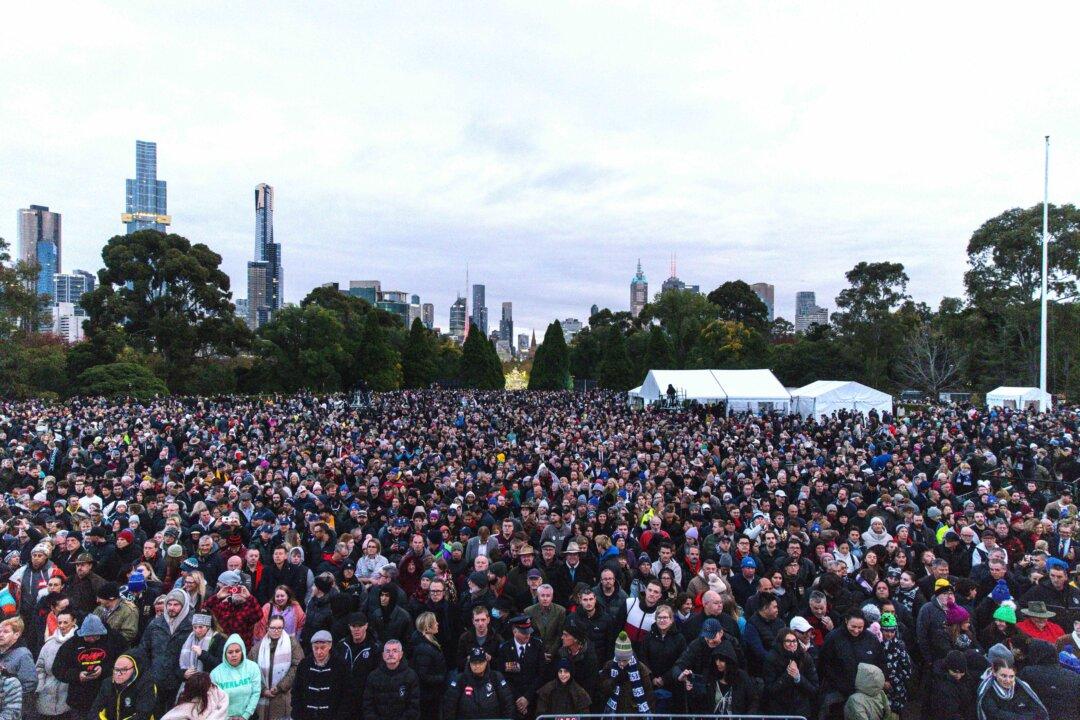The disruption to global supply chains caused by COVID-19 lockdowns has had an unexpected impact on Australian clothing makers—business is good.
Accreditation body Ethical Clothing Australia has surveyed 34 of its member businesses and found 60 percent of them had seen an increase in new customers and half were selling more online.
“We’re seeing more of a conversation about ethical manufacturing and production,” Ethical Clothing Australia manager Angela Bell told AAP.
“It’s actually quite an exciting time in the industry.”
To capitalise on the momentum, the national accreditation body has created Ethical Clothing Australia Week, starting on Sunday.
Until October 24, there are virtual tours of studios, factories, workshops and videos of behind-the-scenes looks at ethical garment making.
The week has two key objectives—to highlight the rights of garment workers and to champion Australian businesses who are ethically accredited.
For a business to obtain ECA accreditation, their entire supply chain undergoes a rigorous audit by officers from the Textile, Clothing and Footwear union, a division of the CFMEU.
Most garment workers in Australia earn just above the minimum wage, Bell said, and her organisation, which is a joint industry and union initiative, aims to protect their rights.
“When you’re just earning above the minimum wage, then every cent is incredibly important,” she said.
In 2019, the ECA recovered $345,000 (US$234,000) in unpaid superannuation to employees in the Australian clothing industry.
Bell saw a 55-year-old garment worker set up a super account for the first time.
Many of these workers in Australia are migrants with limited English language skills.
“They can be more prone to exploitation because they’re not going to know their rights,” Bell said.
Many of these people are “homeworkers,” who can be the most at risk of exploitation because they are isolated and unregulated.
ECA encourages people to buy local, because cheap clothing brands cannot sell in their price point without exploitation.
Buying ethically produced local clothing could be an adjustment for many, Bell said, because it requires re-thinking what is affordable.
“What is the true cost of clothing?” she said.
If it’s not the customer who pays, then it’s the garment worker or the environment.
Designer for Melbourne brand Remuse, Tamara Leacock, has remained at work through strict lockdowns because she pivoted to making face masks, as did many in the industry.
She said “supply chain awareness” is growing as people consider how their clothing is really made.
This has led to “community focused spending,” she said.
“We’re kind of transitioning into an older model of operating in the sense of keeping funds within the community.
“That mindset is what will help handmade artisan pieces continue to be relevant.”
It takes guts, she says, because operating ethically is more expensive.
“Sometimes I think it'd just be so much easier if I had this made a bit more cheaply and quickly, and then I could really maximise online sales.”
Ethical Clothing Australia Week runs from October 18 to 24.






Friends Read Free